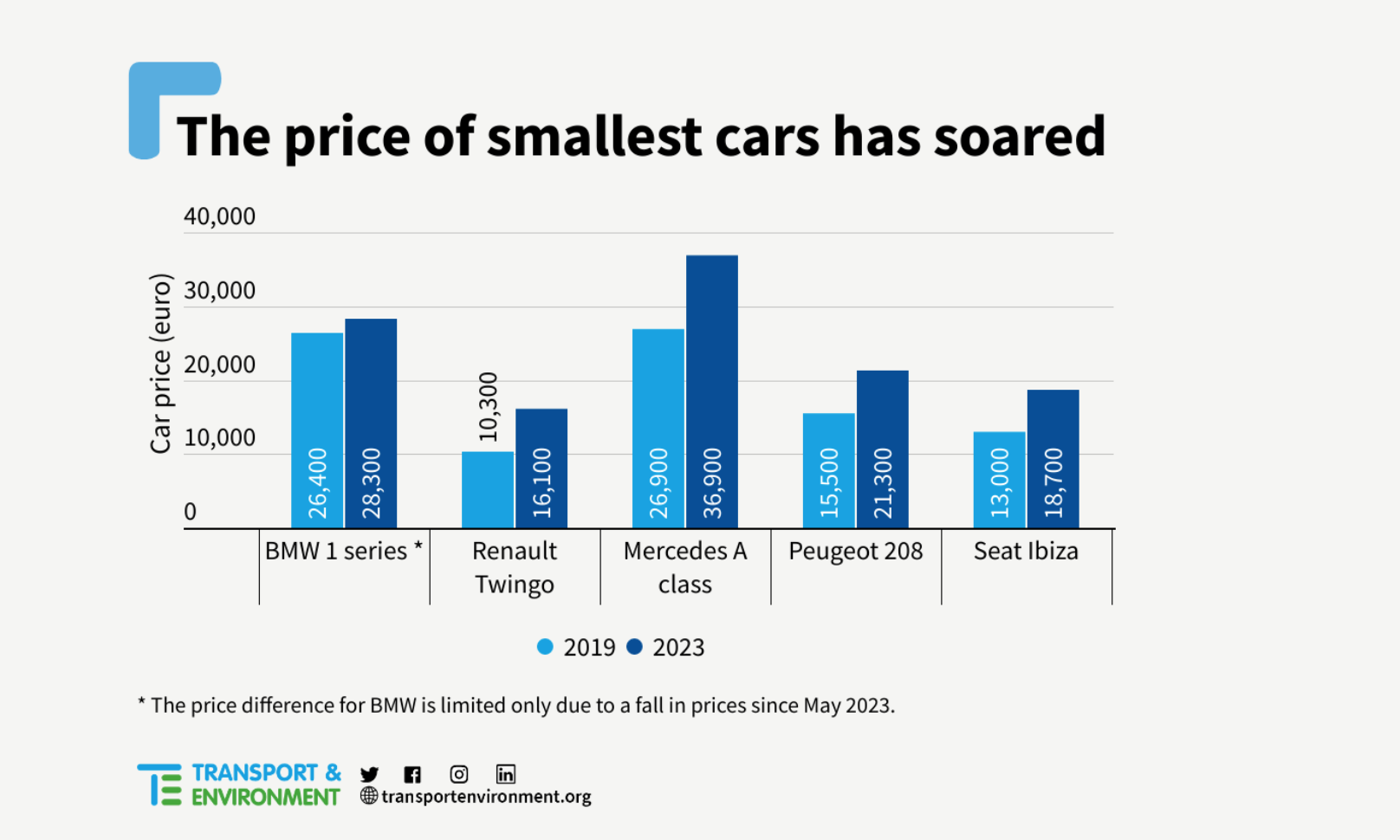
T&E: ‘Carmakers hiked the prices of small cars unreasonably’

The price of still-existing small and affordable cars in the EU has soared the last four years /T&E
The NGO Transport & Environment (T&E) is furious. The European car manufacturers (ACEA) are fiercely contesting the future Euro 7 st


Comments
Ready to join the conversation?
You must be an active subscriber to leave a comment.
Subscribe Today